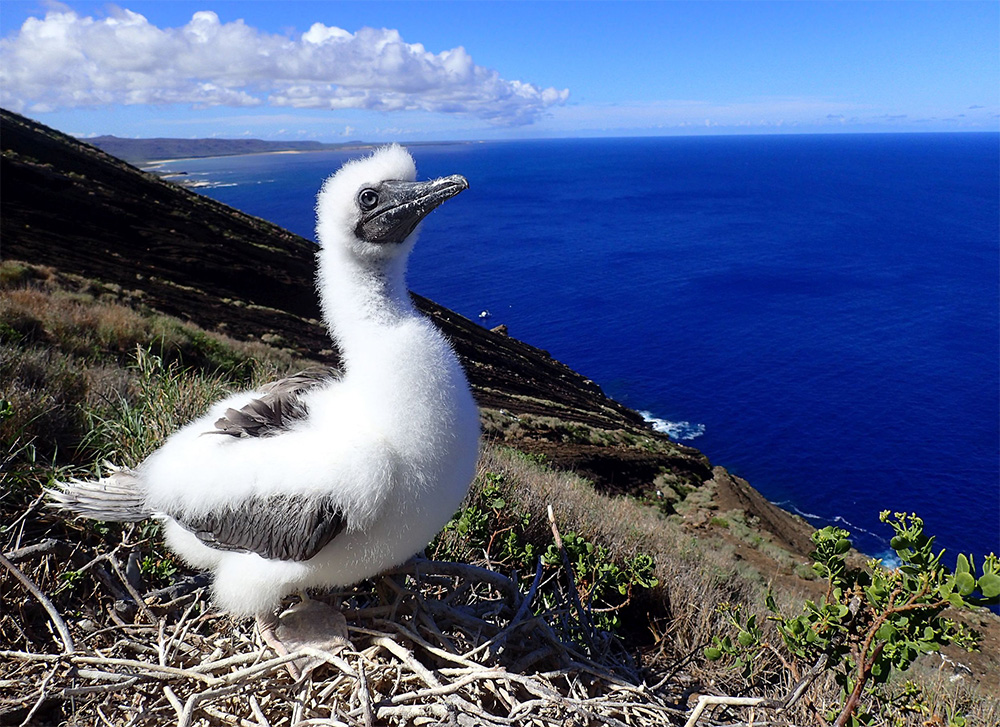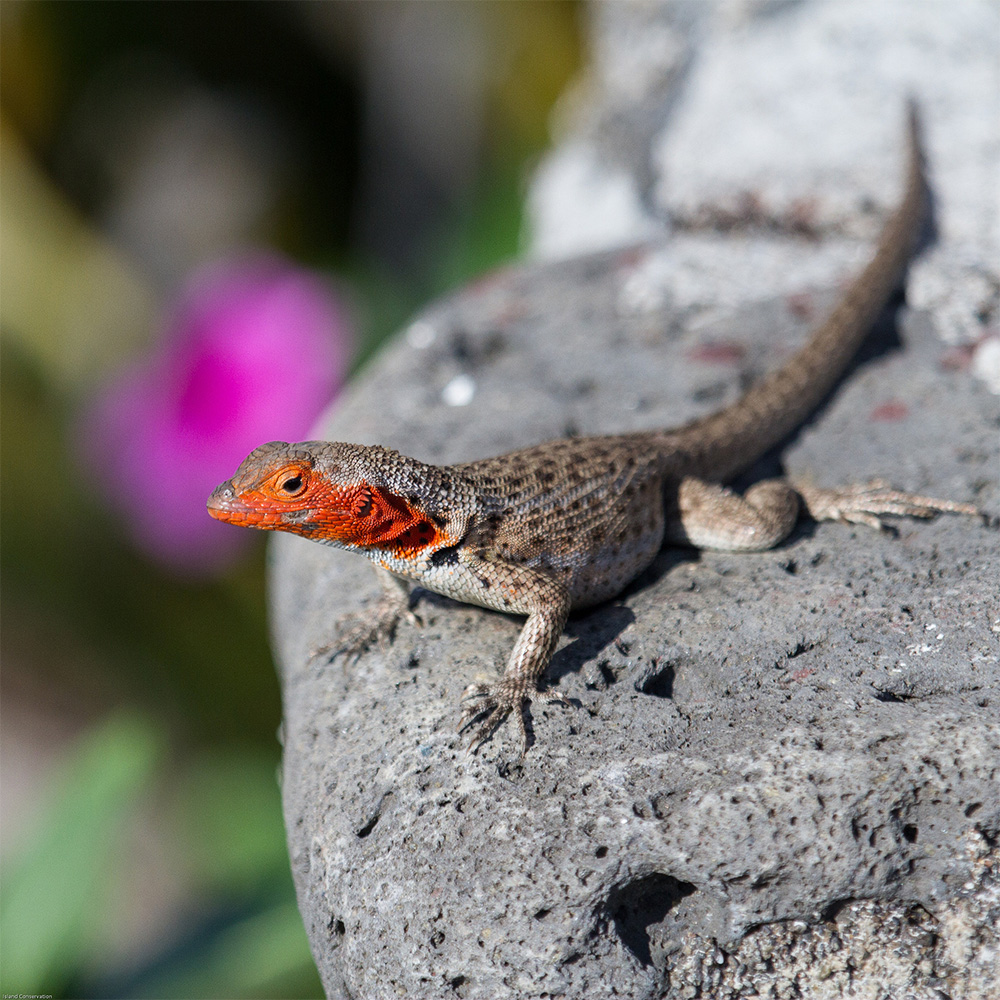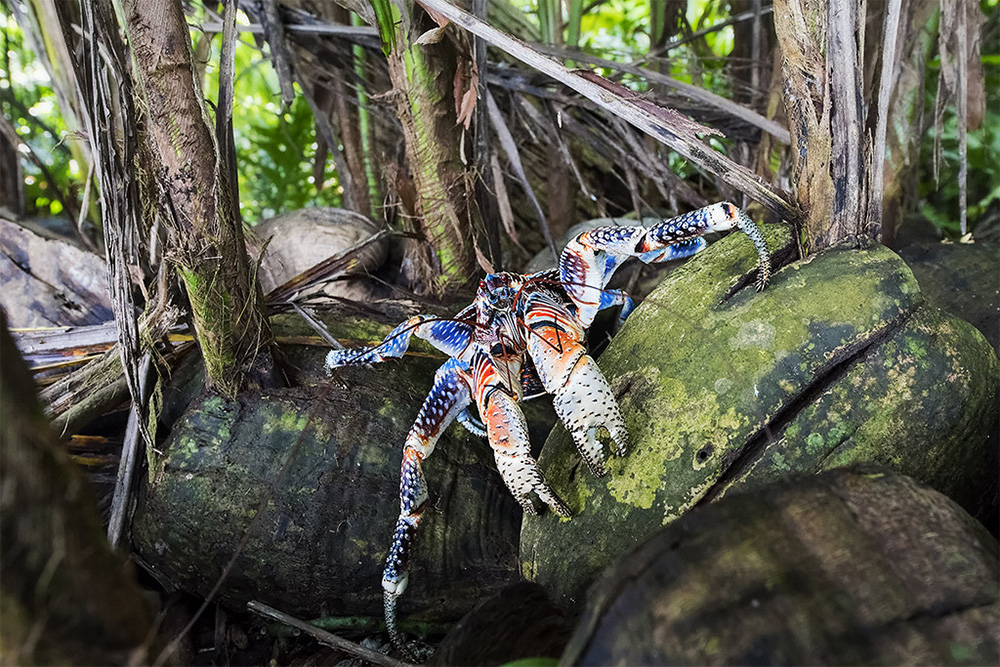December 4, 2024
The Ebiil Society: Champions of Palau
Ann Singeo, founder of our partner organization the Ebiil Society, shares her vision for a thriving Palau and a flourishing world of indigenous science!
We use cookies to help you navigate efficiently and perform certain functions. You will find detailed information about all cookies under each consent category below.
The cookies that are categorized as "Necessary" are stored on your browser as they are essential for enabling the basic functionalities of the site. ...
Necessary cookies are required to enable the basic features of this site, such as providing secure log-in or adjusting your consent preferences. These cookies do not store any personally identifiable data.
Functional cookies help perform certain functionalities like sharing the content of the website on social media platforms, collecting feedback, and other third-party features.
Analytical cookies are used to understand how visitors interact with the website. These cookies help provide information on metrics such as the number of visitors, bounce rate, traffic source, etc.
Performance cookies are used to understand and analyze the key performance indexes of the website which helps in delivering a better user experience for the visitors.
Advertisement cookies are used to provide visitors with customized advertisements based on the pages you visited previously and to analyze the effectiveness of the ad campaigns.

As our world today faces the sixth mass extinction, impacts of climate change, and future environmental crisis, the term biological diversity or “biodiversity” is everywhere in the media. Despite its sustained presence, research has shown there is a lack of understanding when it comes to the definition of biodiversity.
Biodiversity refers to the variety of life on earth at every level including species, genetics, and ecosystems.

This misunderstanding and confusion was made evident by a recent survey conducted by Australian ecologists of Deakin and Charles Darwin Universities. The ecologists asked 499 residents of Victoria, Australia “What does the term ‘biodiversity’ mean to you?”. Only a third of the respondents showed some scientific understanding of the term. The researchers found that the only determining factor as to whether or not a person knew the definition was education.
As the world continues to be throttled and we settle into the unknown of the Anthropocene, biodiversity protection is more important than ever. This data brings up new troubling questions in the difficult battle against biodiversity loss. Do people understand the severity biodiversity loss? How can we expect people to protect something they know little about?
As more and more research emerges, showing the true impacts of biodiversity loss, our world will continue to pursue new approaches to conservation. Tackling the regions where wildlife needs the most help.

Islands are often considered biodiversity hotspots due to the variety of species that have evolved to thrive on these remote pieces of land. On island chains such as Hawai’i and the Galápagos, species have been shaped by the unique features of island living and host a more diverse group of species relative to the land area when compared to continental ecosystems.

The features of island living have led to a high number of endemic species, meaning these species are found nowhere else in the world. Island species have often never evolved alongside introduced predators, such as domestic cats, black rats, or house mice, and are not adapted to predation by these species. This makes island wildlife susceptible to the threat of invasive species. Luckily, restoring islands by removing invasive species is an extremely effective conservation action—preventing extinctions as well as benefiting communities and nearshore marine ecosystems.
By protecting some of the most vulnerable ecosystems, we can conserve biodiversity. This will require more environmental education on a global scale, which will improve understanding of what biodiversity is, making people more likely to protect the variety of life on earth.
People only conserve what they love, and only love what they understand.
Baba Dioum, Senegalese forester
Source: Anthropocene Magazine
Featured photo: Bahamas Rock Iguana. Credit: Island Conservation
Check out other journal entries we think you might be interested in.
Notifications